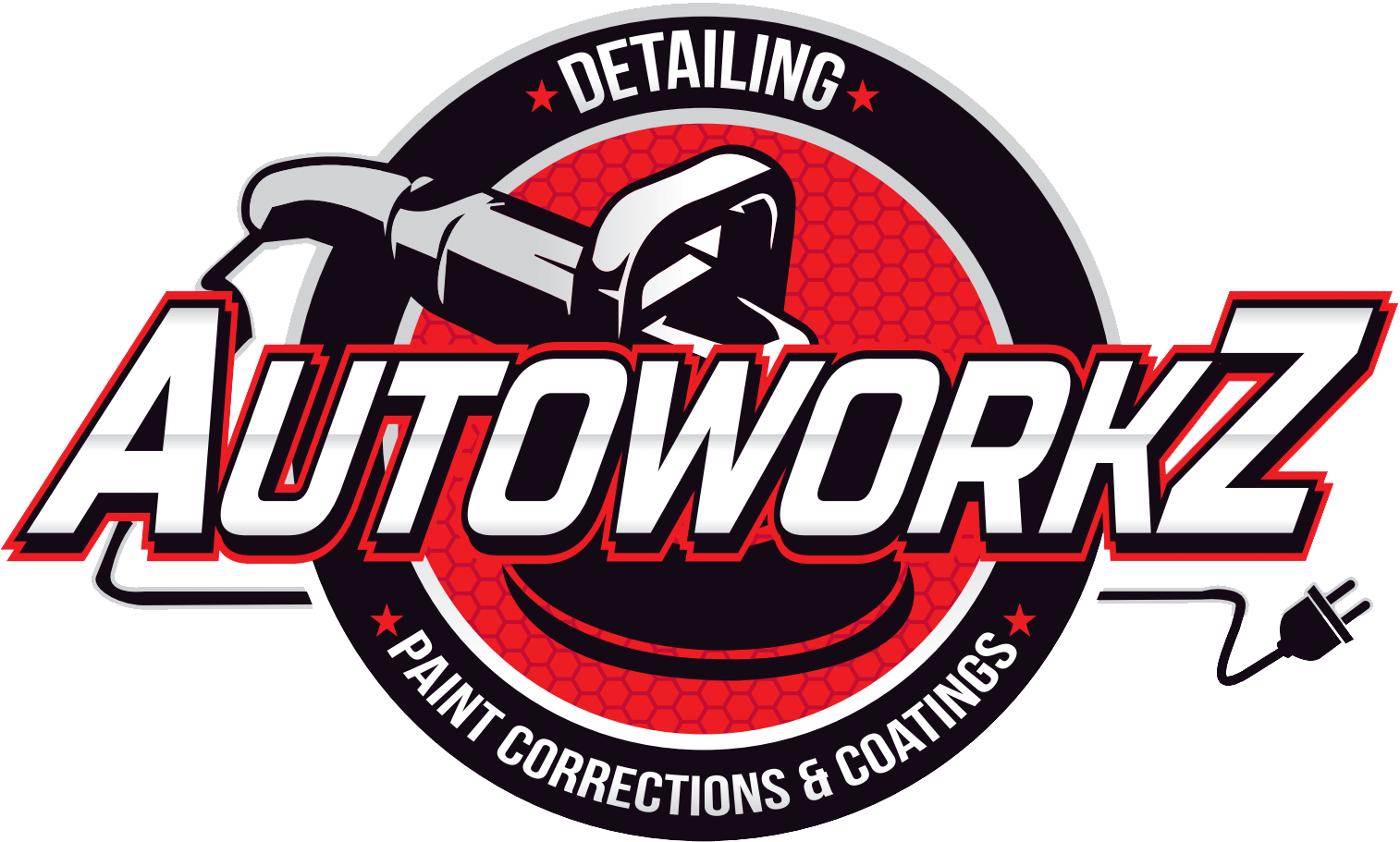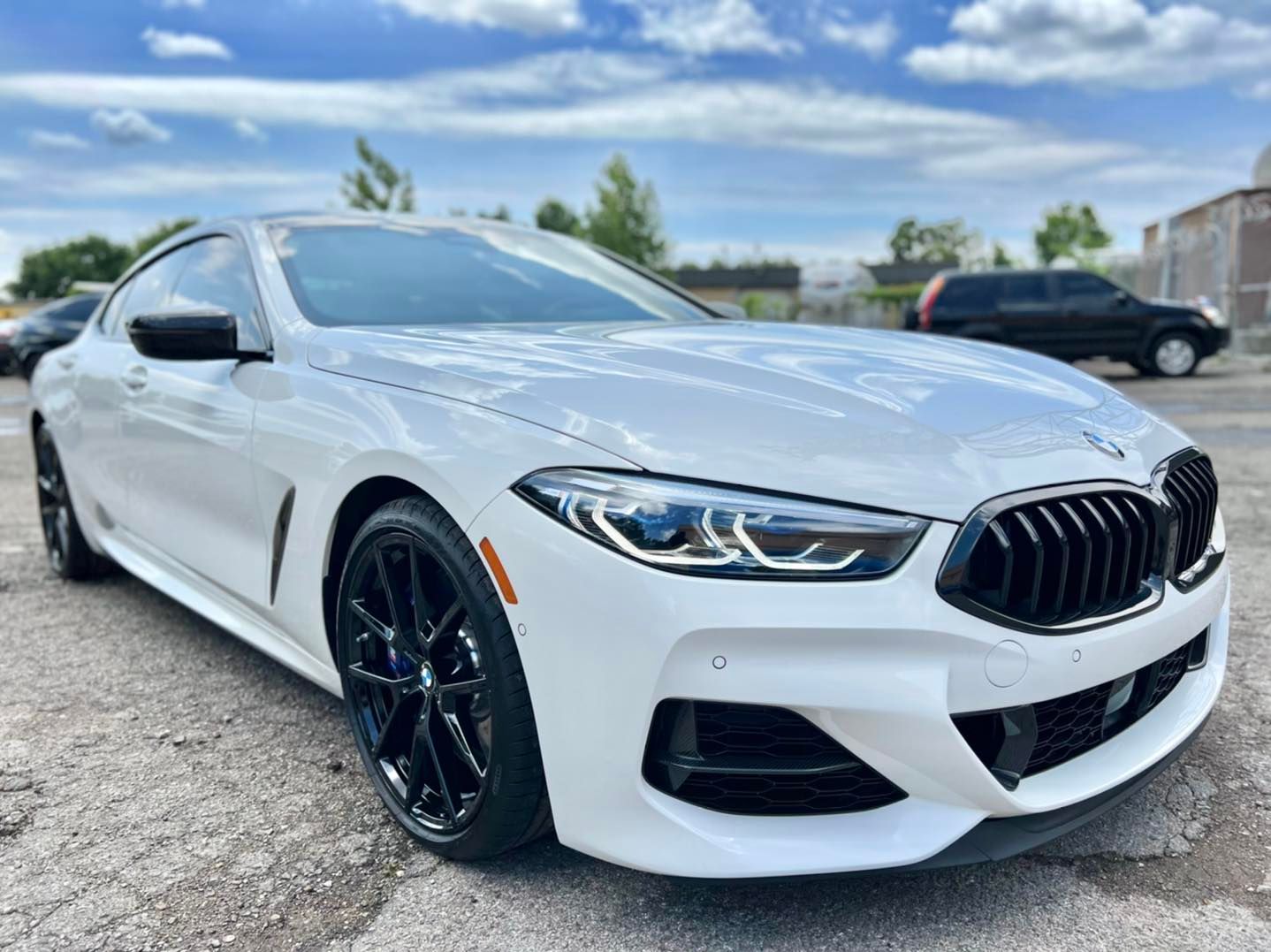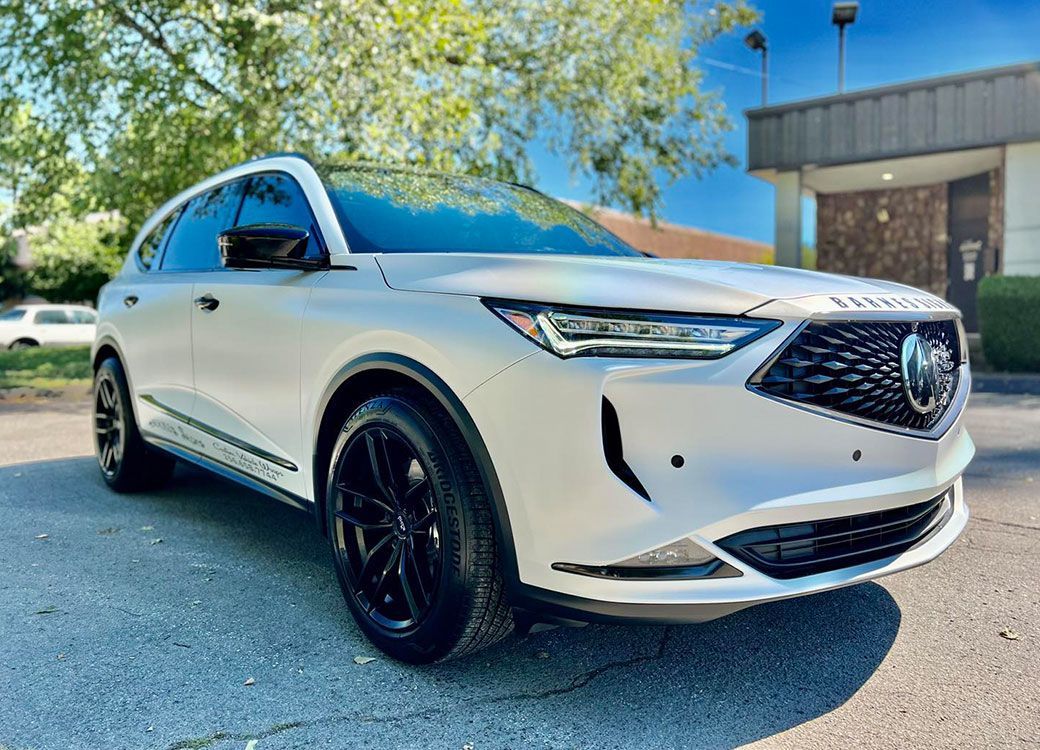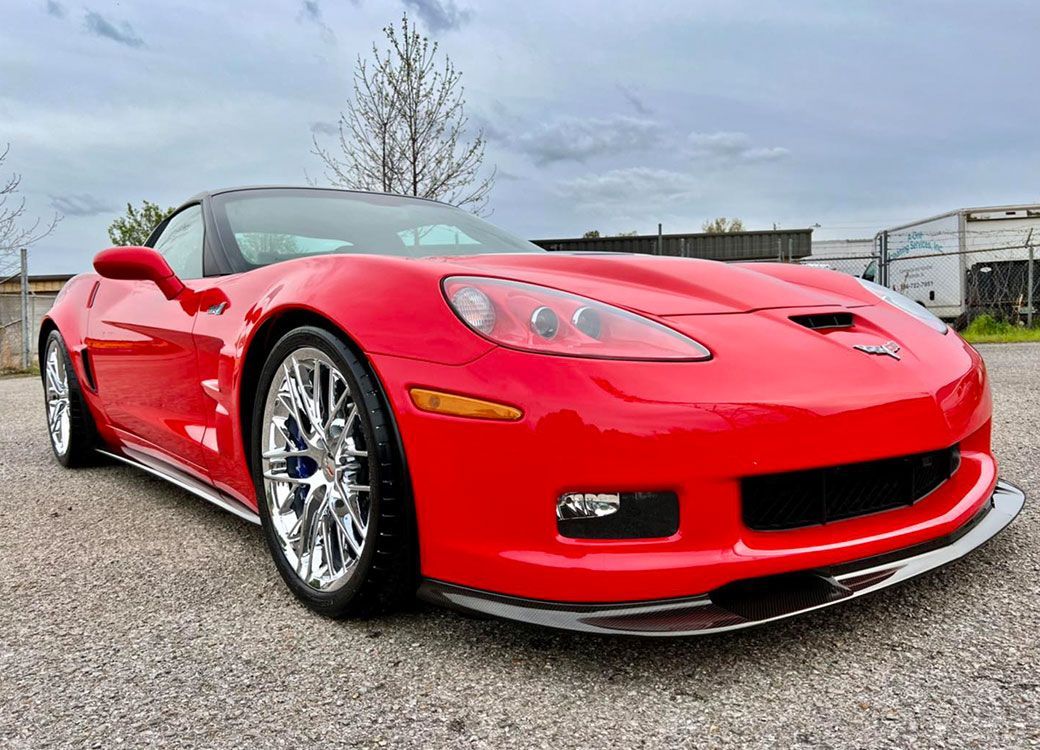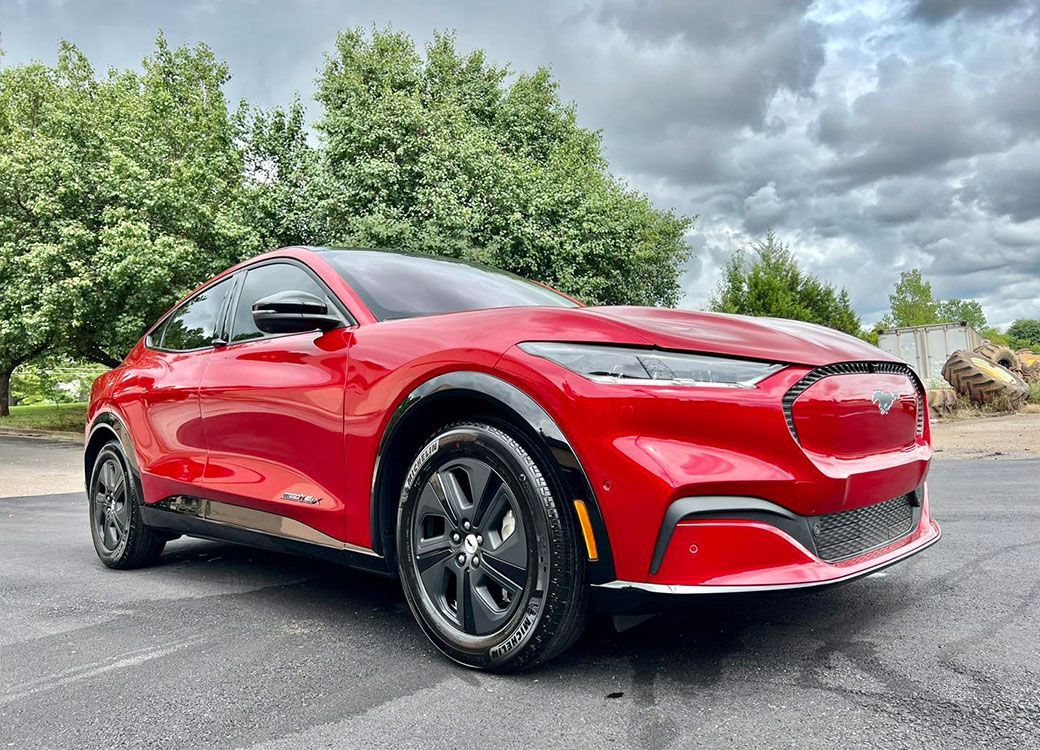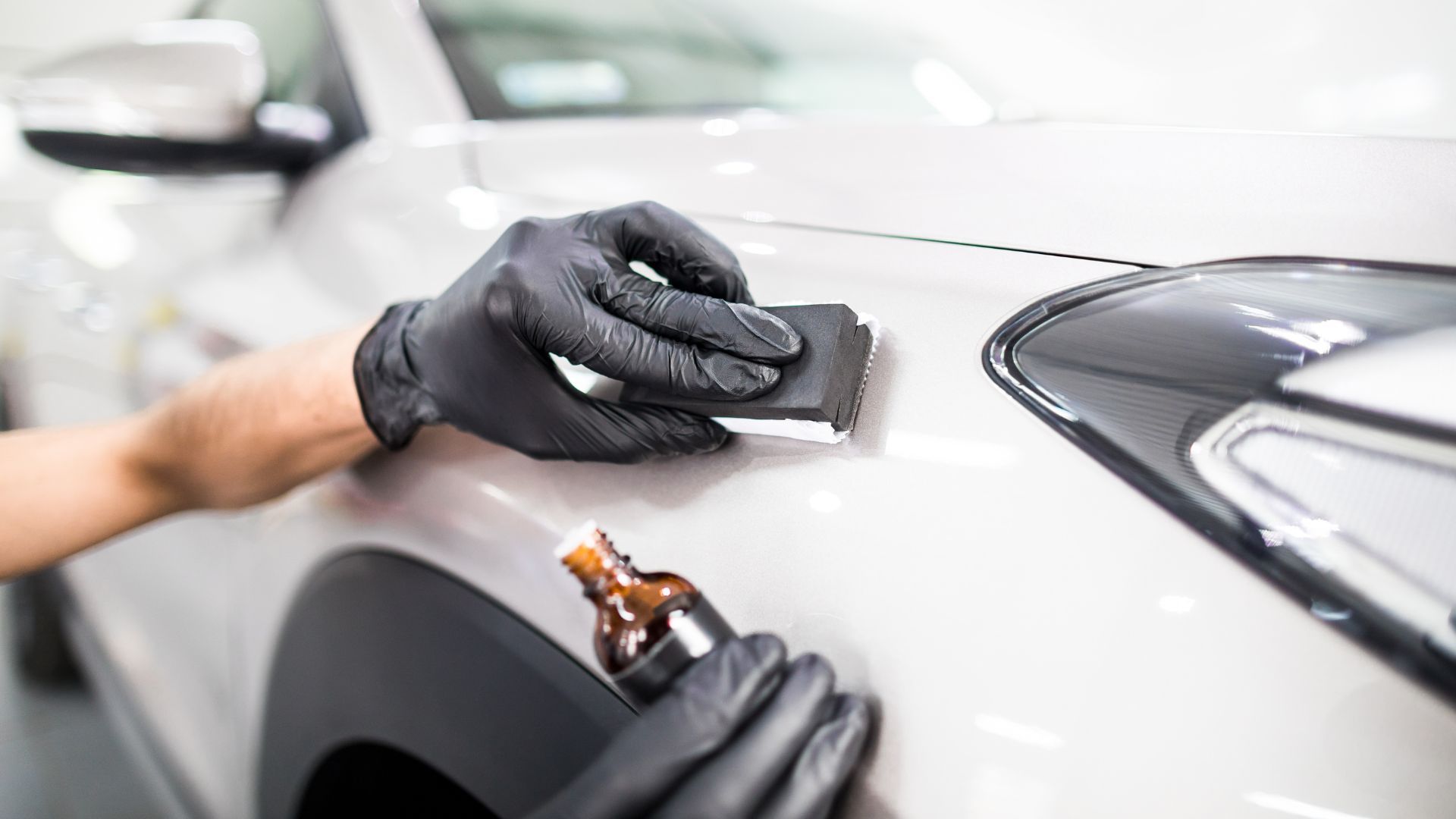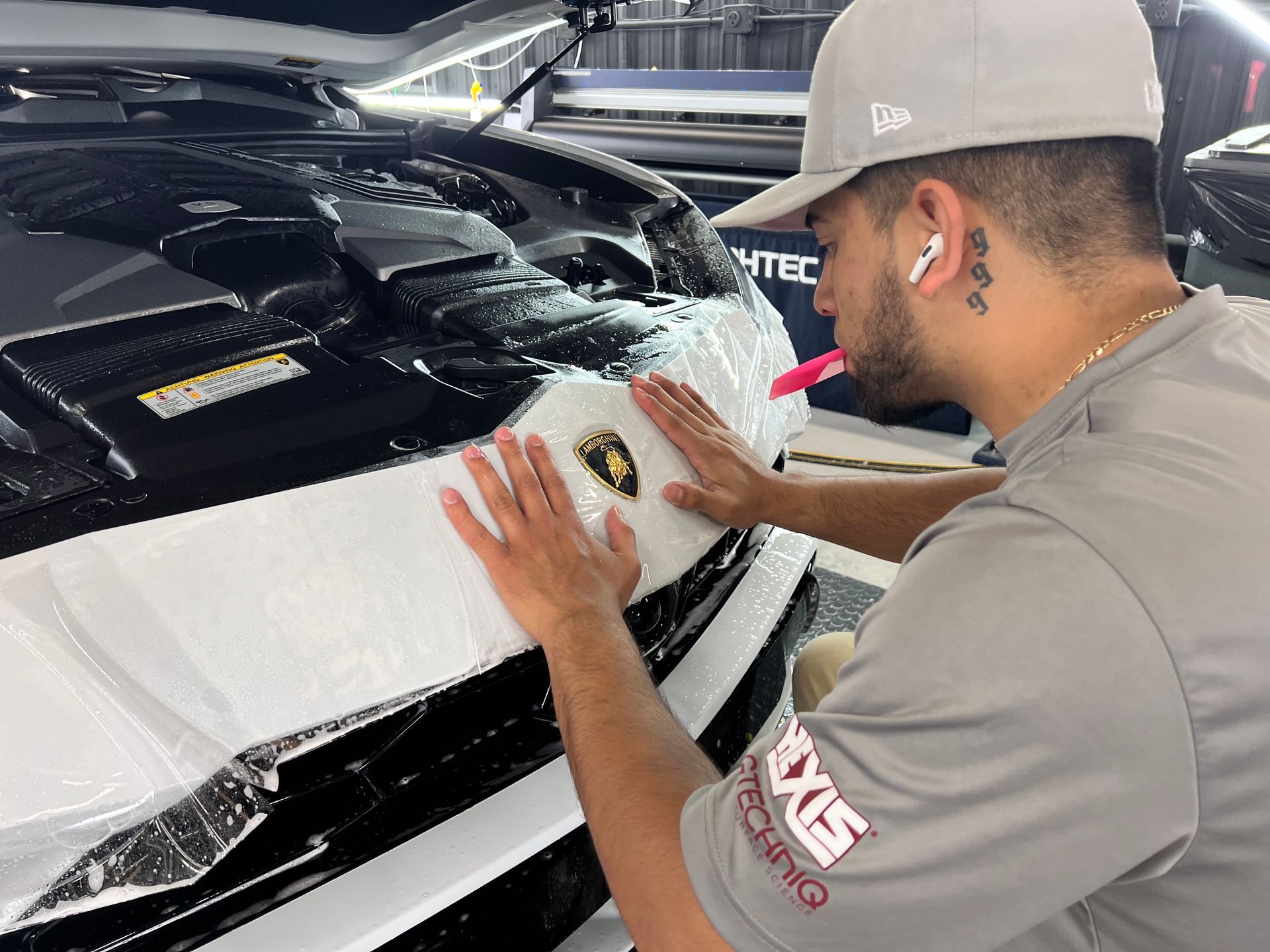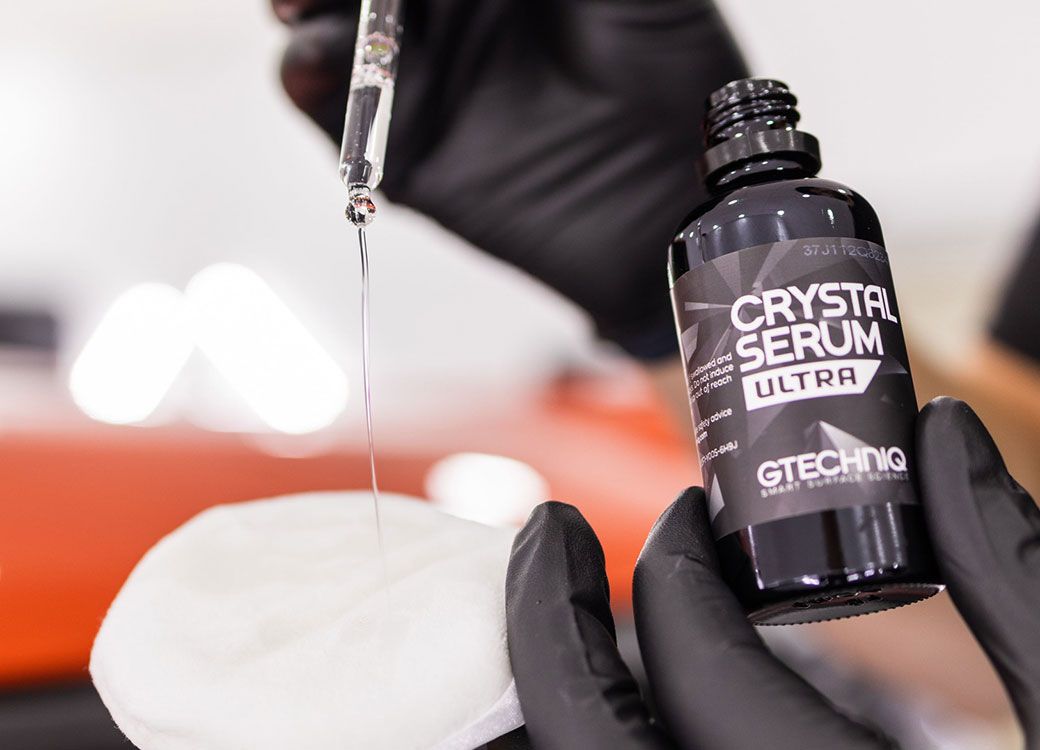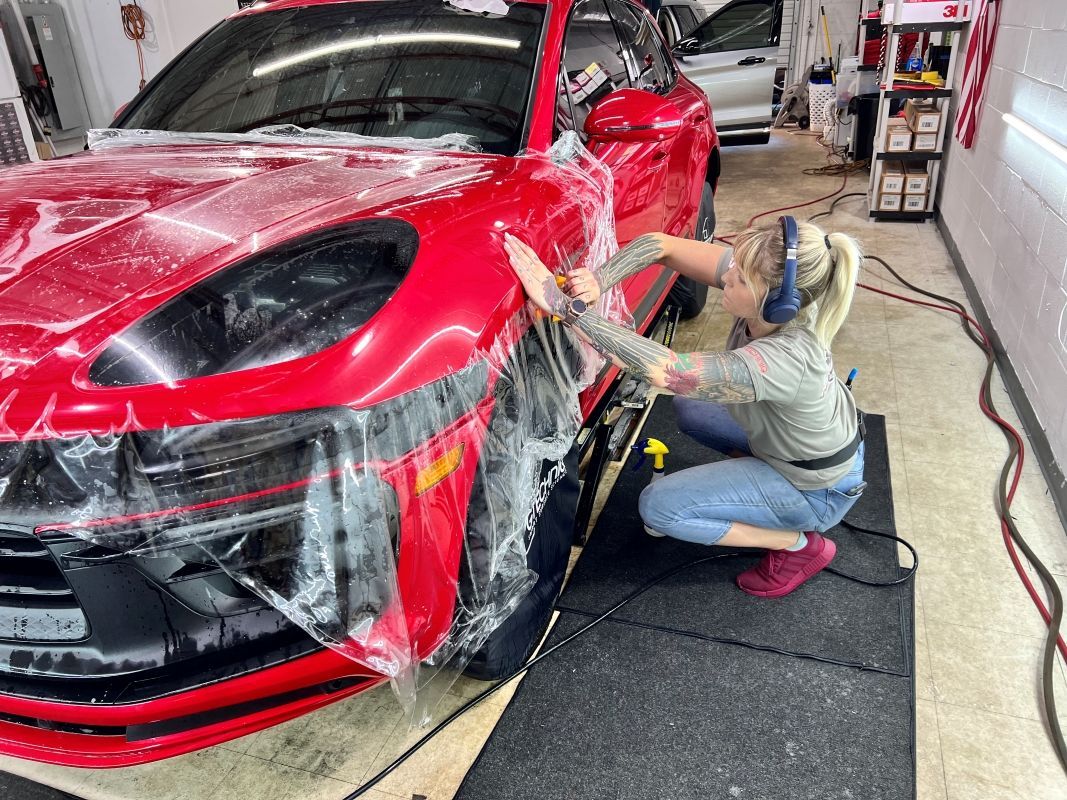Understanding Common Myths About Paint Protection Film Installation and Its Benefits
(256) 890-4089When you think about protecting your car’s paint, many people might envision over-the-top luxury treatments intended only for high-end vehicles. However, the truth is that every car on the road, whether it’s a compact or an SUV, can greatly benefit from a paint protection film (PPF) installation. This isn’t just about looking good; it’s an investment in preserving your vehicle's value and appearance. You might be wondering if PPF is worth it or if it really does what it claims to do. Trust me, I’ve done the research and talked to plenty of car owners who had their doubts at first but soon became strong advocates after witnessing the benefits firsthand. Let’s dive into some common myths and uncover the real facts about paint protection film.
Common myths about paint protection film installation include the belief that PPF is only for luxury cars, that it is a scam, and that it will void your vehicle's warranty. In reality, PPF is an effective protective measure suitable for all types of vehicles, does not alter warranties, and offers long-lasting defense against scratches and chips with proper care.
The Real Benefits of Paint Protection Film
- Protection Against Physical Damage: One of the standout features of paint protection film is its remarkable ability to shield vehicles from physical damage. Imagine driving on a gravel road or navigating through urban environments teeming with construction debris; each journey poses potential threats to your car's surface. PPF acts like an invisible force field, guarding against rock chips, scratches, and minor abrasions that can mar your vehicle's paint job. A recent study by AAA illuminated this advantage, revealing that vehicles outfitted with PPF experience a 30% reduction in paint damage compared to their unprotected counterparts. For those who frequently traverse highways or rural roads, investing in PPF becomes even more essential. Think of it as a form of insurance—one that not only enhances the aesthetic appeal of your vehicle but also preserves its value over time.
- Long-term Financial Savings: While the upfront investment for PPF might appear daunting, consider the long-term financial benefits it offers. Many car owners discover that protecting their paintwork can save them money down the line. A full repainting of a vehicle can cost anywhere between $2,500 and $10,000, depending on various factors like labor and material quality. In contrast, installing PPF typically ranges from $500 to $5,000, making it a much more economical option when considering future maintenance costs When you weigh these figures against each other, it's clear: skipping out on PPF can lead to hefty expenses later. In reality, choosing to protect your car with PPF is largely about safeguarding your investment—both now and in the years to come. Investing in paint protection film may seem like an expense at first glance; however, the savings on future repairs can make it a wise financial decision.
- Enhanced Resale Value: Another often-overlooked benefit of PPF is its impact on resale value. A well-maintained appearance speaks volumes to prospective buyers. Vehicles protected by PPF retain their 'like-new' condition far longer than those that are not shielded. If you decide to sell or trade in your vehicle, having pristine paint and a preserved exterior will be an attractive selling point, potentially allowing you to command a higher price.
As we continue our discussion, it’s crucial to address some misconceptions around this protective film and understand why incorporating PPF should be a top consideration for both car enthusiasts and everyday drivers alike.
Debunking Common Myths
Numerous myths surround PPF, often dissuading potential users from considering it.
- PPF is a Scam: This notion arises from skepticism over the value of products that protect your car. In reality, PPF is designed to prolong not only the aesthetic appeal but also the resale value of vehicles without altering their color. It acts as an invisible shield against scratches and chips, and countless car owners have experienced its benefits firsthand. For example, John, a car enthusiast, expressed his initial doubts but later became a firm believer after he saw how PPF protected his vehicle from severe damage. The difference was clear, and his lasting satisfaction is a testament to PPF’s true efficacy.
- PPF is Reserved Solely For Luxury Cars: Many individuals might think that only high-end models can justify the expense of such protective films. However, PPF provides invaluable shielding for all vehicle types, including daily commuters and family cars. Whether you drive a compact sedan or a hefty SUV, protecting the paint job from everyday wear and tear is crucial. It's not just luxury vehicles that encounter rock chips and environmental damage; even modest vehicles deserve defense against premature deterioration.
- PPF Will Turn Yellow Over Time: The belief that PPF will yellow over time is prevalent; however, quality products built with UV inhibitors effectively combat this issue, preserving their clarity for years. This means that when properly installed and maintained, PPF maintains its transparent appearance while continuing to offer robust protection against life's little hazards, including road debris, insect splatters, and harsh weather conditions.
By choosing reputable brands and ensuring professional installation, you’ll maximize the benefits of PPF while leaving those unfounded fears behind. Understanding these myths can empower you to make informed decisions regarding your vehicle's care. An important step is to recognize that myths can cloud judgment; with genuine experiences supporting the facts surrounding PPF's benefits, you can confidently invest in this protective measure without hesitation. Paint Protection Film isn't just an accessory for luxury vehicles but rather an essential safeguard for any car that you wish to maintain in pristine condition. As we move beyond these misconceptions, let's explore the nuances of how appearance plays a significant role in your vehicle's value and perception.
Professional vs. DIY Installation
Choosing between professional and DIY installation is indeed a significant decision, and it hinges on several compelling factors. The expertise of a professional installer cannot be overstated; they possess specialized knowledge and practice that allow them to apply the PPF with precision. When you think about it, it's much like having a skilled chef prepare a gourmet meal compared to cooking your own humble dish in the kitchen—it's all about technique and experience.
Imagine trying to bake a soufflé for the first time without guidance versus following a seasoned chef's instructions. A professional has honed their skills, ensuring that the film is applied correctly without bubbles or misalignments. In fact, statistics from Car Detailing Magazine reveal that an impressive 85% of professionally installed PPF outlasts DIY applications, emphasizing the long-term benefits of hiring an expert. Now, while expertise is crucial, we must also consider the financial aspect of installation choices.
Cost Considerations
Although DIY kits often appear to be more budget-friendly at first glance, the hidden costs associated with potential mistakes can quickly add up. Think about it—every misaligned piece of film may lead to wasted material, and the stress involved with getting everything just right can be overwhelming. Moreover, errors in application might void any warranty that comes with the film itself, creating further financial implications down the line.
For instance, if you accidentally scratch your car’s paint during installation or create air bubbles that never fully dissipate, you might have to pay for costly repairs or even reconsider your choice of PPF altogether. While saving some cash seems appealing initially, not achieving a high-quality installation might lead to far greater expenses in the future. So while weighing these financial considerations, let's not overlook another critical aspect—the time investment each option requires.
Time Investment
Time is another significant factor when contemplating whether to tackle the installation yourself or seek professional help. For seasoned DIY enthusiasts who relish learning new skills, installing PPF can be a valuable project that allows them to develop their skills. However, many people underestimate how time-consuming and labor-intensive this process can be. What might seem like a simple weekend task could stretch into multiple days filled with frustration.
Conversely, a professional can typically complete the installation in just a few hours due to their familiarity with the materials and techniques used. This efficiency might save you weekends of potential headaches! Each approach carries its own merits depending on personal priorities—whether that's quality assurance through expert work or cost savings through DIY. As we continue, let's turn our attention to the important aspects surrounding durability and performance.
Durability Insights
When car enthusiasts and everyday drivers alike ponder how long PPF really lasts, the answer revolves around quality and care. High-quality PPF, when properly maintained, can last anywhere from five to ten years. This endurance is not just marketing fluff; it reflects the considerable engineering advancements made in protective films. These films are designed to withstand harsh weather conditions and minor impacts, such as rock chips, and endure multiple car washes without losing effectiveness. Think of PPF as a shield for your vehicle, diligently guarding against scratches, stains, and UV damage. Many liken it to an invisible armor that preserves the original beauty of your car's paint, allowing you to drive with peace of mind and pride.
However, it's essential to note that not all films are created equal. Poor-quality alternatives may start discoloring or peeling sooner than expected. For instance, imagine investing in a beautiful new car only to see its luster fade because of a subpar protective film. That's why choosing a reputable brand is paramount; it ensures that you're equipped with a product that has undergone rigorous testing and development.
Moreover, regular maintenance plays a significant role in extending the life of your PPF. Much like caring for your skin with sunscreen protects you from sunburn, routine cleaning and inspections ensure that any damage—though minor—is promptly addressed before it escalates. Establishing a simple but effective maintenance schedule is key. This could involve washing the car weekly and inspecting the film bi-monthly for any signs of wear or unexpected degradation.
Lifespan Expectations
To explore lifespan expectations, consider how environmental factors influence PPF longevity. Intense sunlight can lead to fading and deterioration over time, while road debris may cause scratches if not managed properly. Consequently, some areas might experience varying PPF lifespans based on climate or local driving conditions. When purchasing PPF, think about where you park your car or how often you expose it to elements like salt, which can be harsher on materials.
High-quality PPF serves as a formidable protector for any vehicle owner willing to invest wisely upfront. The longevity and performance you'll receive from a recognized brand will provide reassurance that you've chosen well—turning heads on the road while also protecting the resale value of your cherished automobile down the line. With these insights into durability and lifespan expectations about paint protection film, it's clear that understanding what goes into its application can further enhance your investment in vehicle protection and aesthetics.
The Installation Journey
Installing Paint Protection Film (PPF) is more than just slapping a sticker on your car; it’s an intricate process that requires careful attention at each stage. Before diving into the specifics, know this: a successful installation hinges on proper preparation and environment. The journey begins with ensuring that the vehicle's surface is perfectly clean. Dust, dirt, or oil left on the surface can create bubbles or imperfections under the film, leading to unsatisfactory results.
Maintaining Your Film
Regular care of your PPF is not just a good idea; it’s essential. It can significantly extend the life of your film, ensuring it continues to protect your vehicle’s paint while keeping everything looking sharp. One effective way to maintain your PPF is through regular cleaning. To do this, grab some mild soap and water—nothing harsh or abrasive, as those can degrade the film over time. Use a soft cloth to gently wash away any dirt or debris. If too much buildup occurs, stubborn particles could scratch the surface of the film and compromise its protective properties.
- Regular Cleaning: As you clean, think about it like giving your car a gentle bath. Imagine those fine scratches from gravel or environmental contaminants slowly vanishing under that soft touch. You don’t need fancy products; just basic soap will do. Avoid anything acidic or solvent-based because they can damage both the film and the paint beneath it, making dedicated "no-rinse" solutions worth considering for ease of use. After cleaning comes inspection, another crucial part of the maintenance process.
- Inspection for Damage: Periodically checking your film for signs of wear can save you headaches down the road. Look for peeling edges, discoloration, or bubbles—indicators that something might be amiss beneath the surface. It's an easy enough task to weave into your routine, perhaps when washing your car or during regular checks.
Therefore, regular upkeep protects both your film and the underlying paint. Maintaining your PPF isn’t just about protecting it from damage; it enhances its appearance as well. Investing a little time regularly can help prevent significant issues that require professional intervention later on. Keeping up with maintenance means you can enjoy your vehicle’s aesthetics without the constant fear of what might be lurking under that protective layer. In summary, taking time for proper care ensures that both your Paint Protection Film and vehicle remain in optimal condition for years to come.
Precision Paint Protection Film Services in Huntsville, AL
AutoworkZ Detailing in Huntsville, AL, delivers precision paint protection film installations that shield your vehicle from rock chips, road debris, and daily wear—all without compromising its original appearance. Using premium materials and exacting application techniques, our team ensures every curve is covered with near-invisible protection. Whether you drive a high-end performance vehicle or a trusted daily ride, AutoworkZ Detailing helps preserve that just-detailed look mile after mile.
